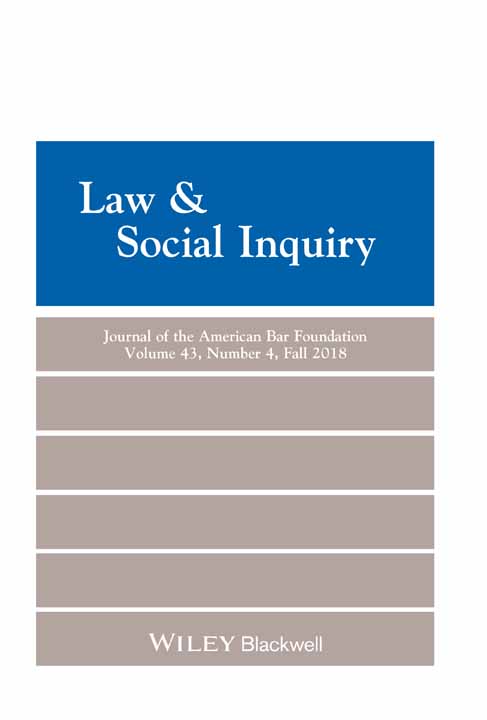Serving the State: Constitutionalism and Social Spending, 1860s-1920s
Abstract
In the 19th century, courts supervised states’ social spending by limiting taxation to public purposes. The focus of this article is the courts’ approach to pensions. Under a 19th-century doctrine, states could pay money to those who had served the state or, under the rubric of charity, to those who were the indigent helpless. States first paid pensions to people for military service and for serving as firemen; later in the century, the doctrine from these cases provided a framework for expanding civil service pensions as states expanded their civil service. Courts characterized the earlier pensions as earned because the service had been dangerous, requiring bravery from men and possibly leaving helpless women and children without protection. This characterization later shaped evaluations of civil service pensions. The doctrine persisted as states enacted pensions for widowed mothers; when these pensions were challenged in state courts, the courts approved of them as payments to helpless people, not as rewards to those who had served. This characterization counters recent scholarship that argues that mothers’ pensions rewarded service as military pensions did.




